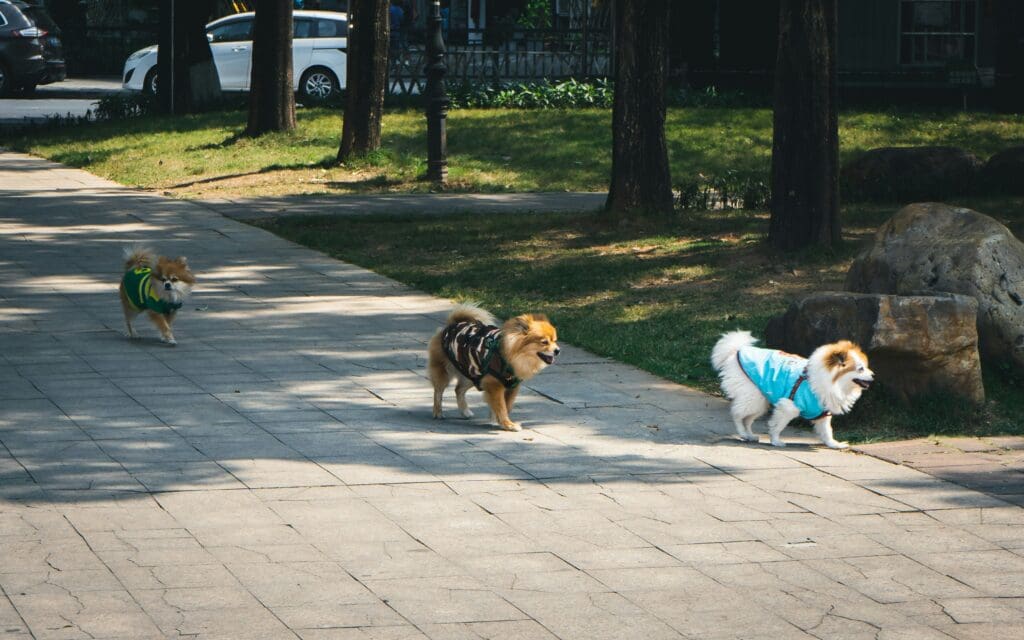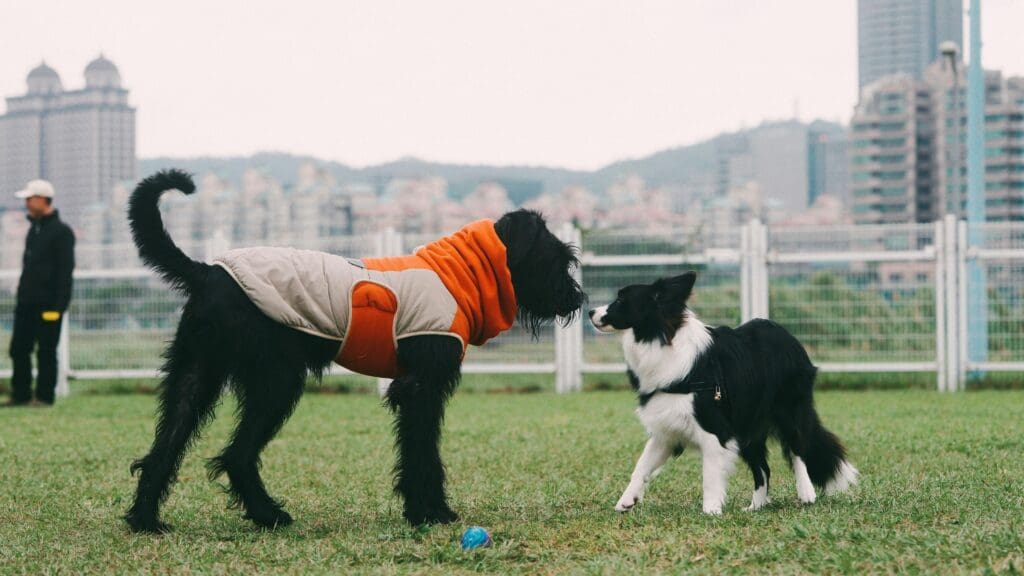How Socialized Dogs Are Safer and Happier
When you picture a happy dog, you probably imagine a wagging tail, relaxed body language, and curious interest in the world. But many dogs don’t get to live this way—not because they’re “bad dogs,” but because they never learned how to navigate the world around them. That’s where socialization comes in.
Socialization isn’t just about dog parks and puppy playdates—it’s about teaching your dog how to safely and calmly interact with people, other animals, and different environments. A socialized dog is not only more pleasant to be around—they’re safer, happier, and more adaptable to the unpredictability of daily life.
What Does a Socialized Dog Look Like?
A well-socialized dog doesn’t just tolerate new experiences—they often enjoy them. Here are some traits of a dog who has been properly socialized:
-
Friendly or calm around unfamiliar people and animals
-
Curious but not overly excited in new environments
-
Confident walking on different surfaces (grass, concrete, tile)
-
Able to focus on their handler even with distractions
-
Less likely to show fear, aggression, or reactivity
These behaviors come from positive, consistent exposure to a wide range of experiences throughout a dog’s life—starting with puppyhood and continuing into adulthood.
Why Socialized Dogs Are Safer
1. They React Appropriately Under Pressure
Socialized dogs have practiced navigating the unexpected. They’re more likely to stay calm during vet visits, loud noises, or busy public areas. This lowers the risk of them reacting aggressively or trying to flee in fear.
2. They’re Less Likely to Bite
Many dog bites happen because a dog feels threatened or startled. A dog who is used to being around children, bicycles, or strangers is less likely to feel scared or cornered in those situations.
3. They’re Easier to Handle in Emergencies
In high-stress moments—such as storms, accidents, or medical emergencies—socialized dogs are easier to leash, lift, or transport. They’re used to being touched, guided, and moved by humans, which makes them safer to handle.
4. They Coexist Better in Public
If your dog can ignore distractions and remain calm in parks, on sidewalks, or in cafes, they’re safer to take into public settings. This helps protect your dog—and everyone around them.
Why Socialized Dogs Are Happier
1. They Have Lower Stress Levels
A dog who is constantly anxious or fearful can develop chronic stress, which impacts their mental and physical health. Socialization reduces fear by building confidence and creating familiarity with the world.
2. They Enjoy Enrichment Opportunities
Socialized dogs are more likely to enjoy walks, adventures, and meeting new people and animals—things that are mentally and physically enriching.
3. They Have Stronger Relationships
Because they aren’t always in a state of fear or hypervigilance, socialized dogs are more able to connect deeply with their humans and feel secure in their home environment.
4. They Can Be Included in More Activities
A socialized dog is more likely to be invited to outdoor cafes, family vacations, camping trips, or dog-friendly events. This leads to a richer, more stimulating life.
Signs Your Dog May Need More Socialization
Even if your dog isn’t reactive or aggressive, they might still benefit from more exposure if they:
-
Show hesitation or fear when meeting new people
-
Hide or become overly alert in new environments
-
Bark or growl at unfamiliar dogs
-
Get overly excited (jumping, lunging, whining)
-
Freeze, shut down, or refuse to move on walks
These signs aren’t flaws—they’re indicators that your dog is unsure of what’s expected or afraid of the unknown. Thoughtful socialization can help build their confidence.
How to Support a Safe and Happy Social Life for Your Dog
-
Start Slow: Gradual exposure is key. Don’t overwhelm your dog with too many new things at once.
-
Choose Positive Settings: Avoid chaotic or unpredictable environments in the beginning.
-
Use Rewards: Treats, toys, and praise help create positive associations.
-
Respect Their Limits: If your dog is showing signs of stress, take a step back and try again another day.
-
Enroll in Group Training Classes: These offer safe, controlled opportunities to socialize with dogs and people.
-
Stay Consistent: Socialization isn’t a one-time event—it’s an ongoing process throughout your dog’s life.
Don’t Forget—Your Behavior Matters Too
Dogs are incredibly attuned to our emotions. If you’re calm and confident in new situations, your dog is more likely to feel safe and secure. Use a steady voice, relaxed body language, and give them time to explore at their own pace.
Final Thoughts
A socialized dog isn’t just easier to live with—they’re safer and happier, too. From fewer behavioral issues to greater mental well-being, the benefits are undeniable. Whether your dog is still a puppy or already an adult, it’s never too late to help them learn the skills they need to confidently and calmly face the world.
You’re not just shaping your dog’s behavior—you’re shaping their experience of life. And when they feel safe, confident, and connected, they can truly thrive.


